Nationwide, there are currently nearly 2 million households paying lump-sum tax, paying an average of 700,000 VND per month. (Photo: MINH PHUONG)
Eliminate lump-sum tax to initiate conversion from household businesses to enterprises
Despite operating stably for many years, a small restaurant on Chua Boc Street (Dong Da District, Hanoi ) is still paying taxes according to the fixed monthly payment method. When hearing that this method will be completely terminated from 2026, the owner of the establishment could not help but worry.
“We mainly hire students for seasonal work, each working for only a few months. The constant staff changes make management difficult, now with the addition of software, electronic invoices… I hope the tax department will have specific and easy-to-understand instructions,” the owner said.
This business household is not alone. Many small traders and shop owners are also feeling both worried and surprised when preparing to enter a completely new tax management phase. They used to enjoy the simplicity of the lump sum form of only having to pay tax once, no declaration, no invoice, no software, but that simplicity has created many problems.
“Lump-sum tax is easy for taxpayers, but makes it difficult for management agencies to grasp real cash flow. Many households with large revenues still pay taxes like smaller households, causing budget losses and creating injustice,” said a tax official.
According to the General Statistics Office ( Ministry of Finance ), by March 2024, the country had 3.6 million tax-managed business households, contributing VND 25,953 billion to the budget. Of these, nearly 2 million households paid lump-sum tax, paying an average of VND 700,000 per month.
Decree 70/2025/ND-CP therefore sets a clear goal: from January 1, 2026, all business households will self-declare and pay taxes based on actual revenue, and are required to use electronic invoices.
Mr. Mai Son, Deputy Director of the Tax Department (Ministry of Finance) affirmed: “This is a step in line with the goal of public finance reform. Not only does it change the way of collecting taxes, but it also changes the management mindset and the people's mindset of complying with the law. Each business household will gradually approach the operating standards like a small business.”
Mr. Son added that the tax sector has prepared very carefully and thoroughly, from institutions, policies to business processes and implementation. The tax agency will closely coordinate with all levels, sectors and local authorities to support business households to convert smoothly, without interruption, and minimize people's concerns.
The abolition of the decades-old lump-sum tax mechanism is not simply a change in tax technology, but a “cultural reform” in management and compliance. This reform is not without its bumps, but it is a journey that cannot be delayed if Vietnam wants to modernize its tax system and build a transparent and fair digital economy .
When reform touches habit
Every reform comes at a price, and in this case, the resistance comes from the habits that have existed for too long in the household business community. The tax industry is entering a new battlefield, where the management object is not well-organized enterprises, but millions of households and individuals doing small business, with little access to technology and still holding the mindset of "avoiding taxes to survive".
If buyers “collude” to avoid taxes by not taking invoices or recording false transaction details, they will lose their own rights. (Photo: MINH PHUONG)
However, signals from practice show that many business households are reacting negatively to the reform. They are starting to be defensive, such as refusing to pay by bank transfer; not issuing invoices, even if customers request them; asking buyers to transfer money with ambiguous content such as "transferring money for lunch", "support"...; dividing revenue by opening multiple locations or splitting invoices; recording incorrect transfer content to obscure cash flow...
Mr. Nguyen Tien Minh, Deputy Director of Tax Department of Region I, commented that if this is the management of a business household, this action is contrary to the policy of the Party and the Government which is encouraging the non-use of cash to build a digital society. If cash is used for the purpose of tax evasion or tax avoidance, the tax law has prescribed many forms of strict handling, even criminal prosecution.
On the buyer's side, if they "collude" to avoid taxes by not getting invoices or recording false transaction details, they will lose their own rights.
Lawyer Nguyen The Truyen (Hanoi Bar Association) also commented, “The law does not prohibit cash payments. However, if you intentionally do not clearly state the transaction content, or record it incorrectly to evade taxes, then you have committed a serious violation. The administrative fine can be up to hundreds of millions of dong. In cases of large-scale, long-term, and organized fraud, you can be prosecuted criminally with a prison sentence of 2-7 years.”
More worryingly, consumers, considered the “last link in the transparency chain,” are also aiding in the confusion. Not requiring invoices and willingly accepting discounts without declaring taxes are quite common behaviors.
Mr. Nguyen Duc Trung, Head of the Market Management Department of Vinh Phuc province, warned: “Consumers who do not request invoices are giving up their rights. When disputes arise about quality, warranty, or counterfeit goods, they will have no legal basis to complain. This is a very real loss, not a tax issue.”
Tax policy reform, therefore, cannot be just a game between the tax sector and business households. It must be a “triple alliance” of management agencies-taxpayers-consumers, all aiming for transparency in all transactions.
The roadmap needs to be clear and there needs to be real support.
Transparency is an irreversible trend, but how can we make people feel that they are not left behind in the reform process?
From a legal perspective, Lawyer Truong Thanh Duc said that this reform is correct, but there needs to be a specific and practical roadmap.
“For many years, the management of household businesses has been unclear, unsystematic, and not based on accounting books like enterprises. Now, if we want to change, we need to build a clear roadmap: what to do this year, what to do next year. Faster is 3 years, slower is 5 years, even need to set a 15-year milestone with specific steps, with propaganda, support in technology, human resources so that people can comply effectively. At the same time, comprehensive support in management capacity, accounting, finance - areas where household businesses are often weak", economic expert Can Van Luc analyzed.
Mr. Can Van Luc said, “We need to remove unreasonable regulations, especially the current organizational model in micro-enterprises which is too complicated. Without institutional and procedural reforms, it will be difficult to encourage business households to convert to enterprise models.”
The abolition of lump-sum tax from 2026 is not simply a change in the collection method. This is an opportunity to redefine the relationship between the State and small businesses: from “taxable subjects” to “partners for mutual development”. However, to achieve this goal, in addition to the initiative of the business households themselves, it is necessary to have a close companionship and guidance from the tax authorities and local authorities throughout the transition process from technology, operations to propaganda and training.
Once businesses no longer fear unreasonable inspections, can access transparent capital thanks to invoices, and receive technical and legal support when they comply, they will no longer be “afraid of transparency”. And then, abolishing lump-sum tax is no longer a difficult farewell, but a necessary step to enter the modern economy.
Source: https://baotuyenquang.com.vn/bo-thue-khoan-cai-cach-chi-thanh-cong-khi-di-den-cung-va-loai-bo-thoi-quen-cu-213142.html


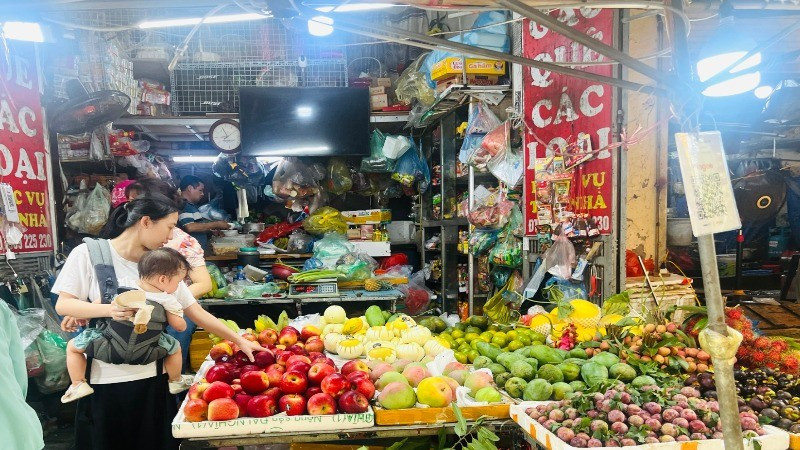





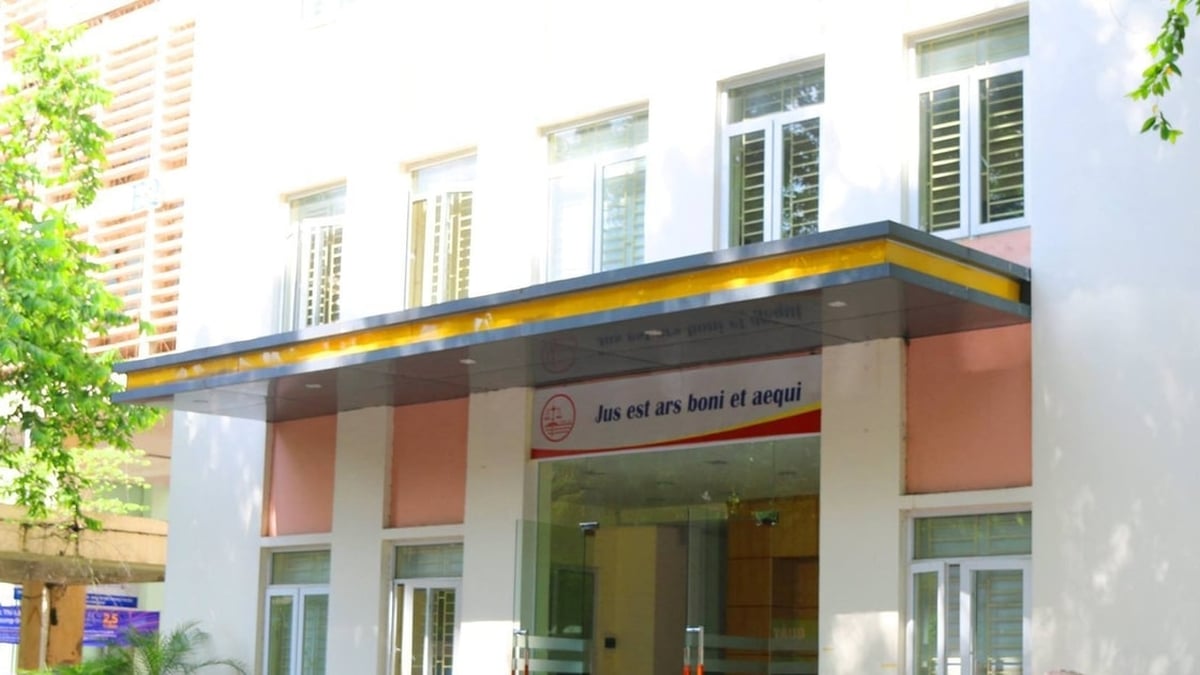



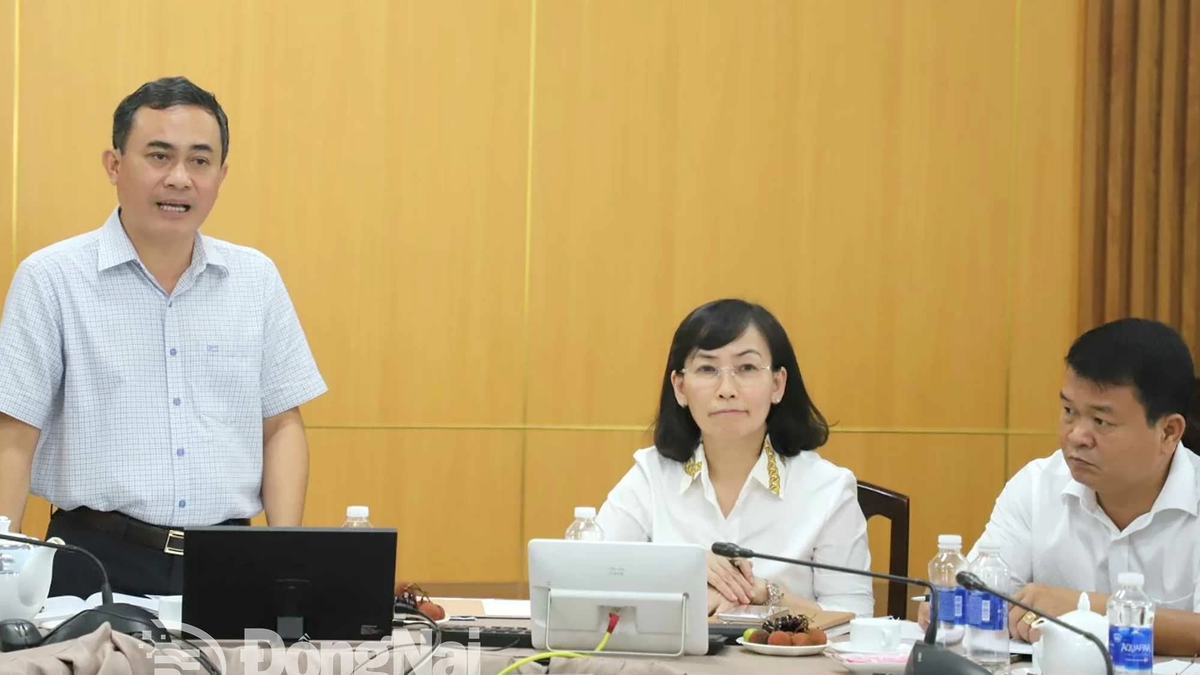









































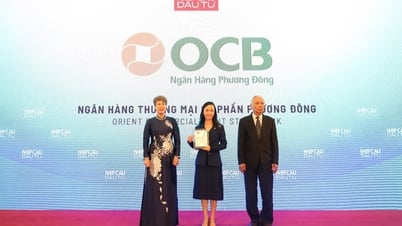





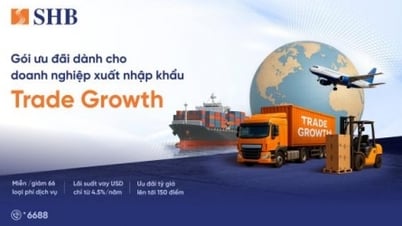

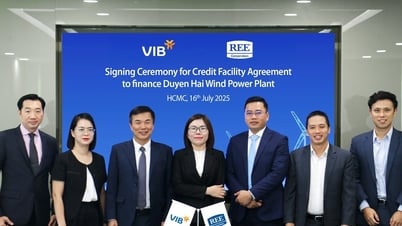

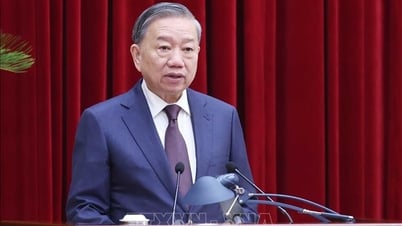



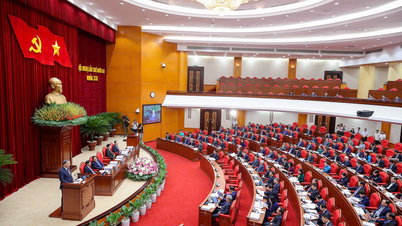





















![[Infographic] In 2025, 47 products will achieve national OCOP](https://vphoto.vietnam.vn/thumb/402x226/vietnam/resource/IMAGE/2025/7/16/5d672398b0744db3ab920e05db8e5b7d)













Comment (0)